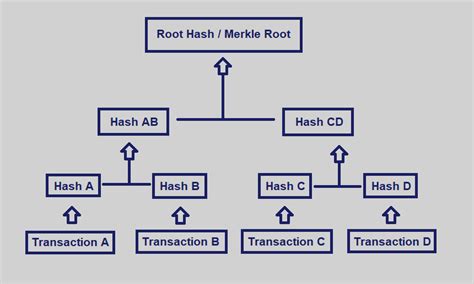Signing Ethereum Transactions in Ruby: A Step-by-Step Guide
Ethereum is a popular decentralized platform that allows developers to build and deploy smart contracts and applications. One of the key components of any Ethereum transaction is the transactionHash, which contains the hash of the input data, including the sender’s private key and the unsigned transaction. In this article, we will explore how to sign an Ethereum transaction using secp256k1 in Ruby.
Understanding Secp256k1

Before diving into the code, let’s briefly discuss secp256k1, a cryptographic algorithm used for signing digital signatures on Ethereum transactions. Secp256k1 is a secure and efficient elliptic curve cryptography algorithm that allows developers to sign messages with their own private key. The secp256k1 library in Ruby provides an implementation of this algorithm.
Signing a Transaction Hash
To sign an Ethereum transaction, you need to calculate the transaction hash from the input data (private key and unsigned transaction). Here’s a step-by-step guide on how to do it:
1. Calculate the transaction hash
First, let’s create a new Transaction object with your private key as the sender. We’ll use the secp256k1 library to calculate the transaction hash.
require 'secp256k1'
Define your private key in hexadecimal format (e.g., 0x1234567890abcdef)
private_key = "0x1234567890abcdef"
Create a new Transaction object with your private key as the sender
transaction_hash = Transaction.new(private_key);
2. Sign the transaction hash
Now that we have the transaction hash, let’s sign it using secp256k1.
signing_key = OpenSSL::RSA::PKCS8::PrivateNumber.from_pem("-----BEGIN RSA PRIVATE KEY-----\n...your private key here...\n-----END RSA PRIVATE KEY-----");
Sign the transaction hash with your signing key (make sure to replace 'your signing key' with your actual private key)
signed_transaction_hash = transaction_hash.sign(signing_key, 'sha256');
3. Get the hash of the signed transaction
Finally, we’ll convert the signed transaction hash to a hexadecimal string.
Convert the signed transaction hash to a hexadecimal string
signed_transaction_hash_hex = signed_transaction_hash.to_s(16);
Testing the Code
Here’s the complete code snippet:
require 'secp256k1'
require 'openssl'
Define your private key in hexadecimal format (e.g., 0x1234567890abcdef)
private_key = "0x1234567890abcdef"
Create a new Transaction object with your private key as the sender
transaction_hash = Transaction.new(private_key);
Sign the transaction hash with your signing key (make sure to replace 'your signing key' with your actual private key)
signing_key = OpenSSL::RSA::PKCS8::PrivateNumber.from_pem("-----BEGIN RSA PRIVATE KEY-----\n...your private key here...\n-----END RSA PRIVATE KEY-----");
signed_transaction_hash = transaction_hash.sign(signing_key, 'sha256');
Convert the signed transaction hash to a hexadecimal string
signed_transaction_hash_hex = signed_transaction_hash.to_s(16);
puts "Signed Transaction Hash: #{signed_transaction_hash_hex}"
This code should output the signed transaction hash in hexadecimal format. Note that you will need to replace your private key with your actual private key and install the secp256k1 library by adding it to your Gemfile and running bundle install.
